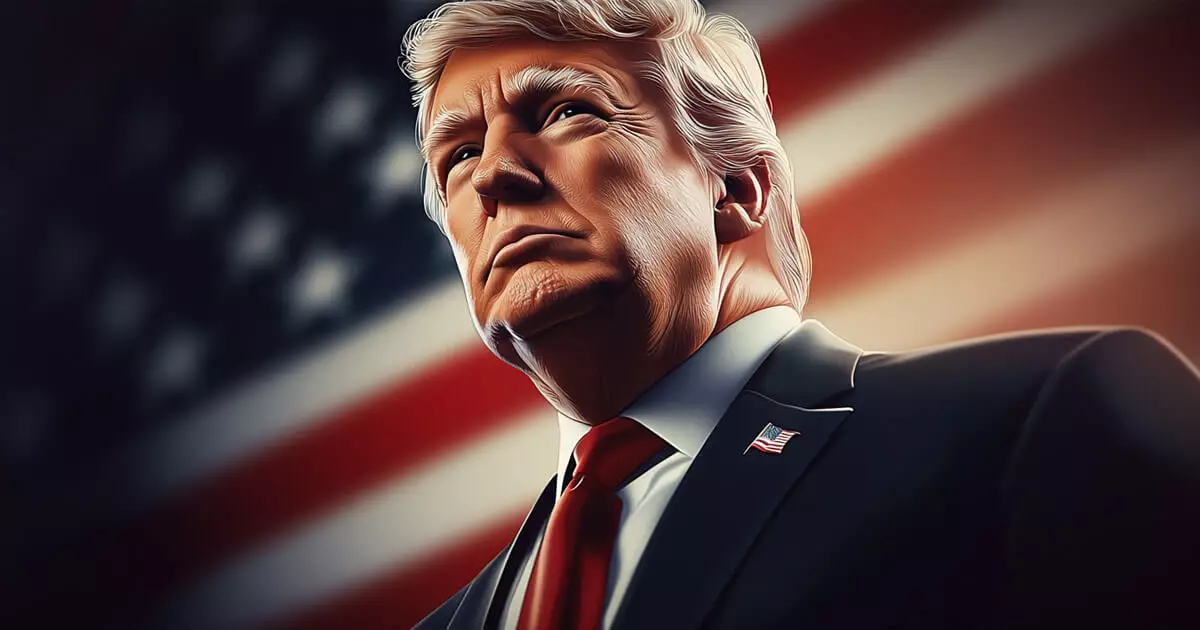The recent electoral victory of Donald Trump has set the stage for significant changes in the landscape of cryptocurrency enforcement in the United States. Promising to recalibrate regulatory priorities, Trump’s administration is poised to direct its focus away from stringent cryptocurrency regulations and fraud enforcement. This shift arises from a strategic reallocation of government resources that is expected to favor areas aligned with Trump’s campaign promises, such as immigration law enforcement.
As government officials and legal experts gathered in New York to assess the implications of these changes, a consensus emerged: while crypto fraud won’t be completely overlooked, it is unlikely to remain a government priority. The implications of this shift could result in dramatically fewer resources devoted to prosecuting cryptocurrency-related crimes. Scott Hartman, a prominent figure in the U.S. Attorney’s Office for Manhattan, expressed concern over the potential downsizing of the office’s current team dedicated to crypto issues, which is already modest at 16 prosecutors.
Hartman’s apprehensions stem from the dramatic downturn in the cryptocurrency market, which led to what many observers now refer to as the “crypto winter” in 2022. During this volatile period, the enforcement landscape was relatively active, but the focus may shift drastically under new leadership. Legal experts like Steve Pelkin, who once oversaw SEC enforcement during a previous Trump administration, predict that substantial resources might be reallocated away from crypto enforcement initiatives to bolster immigration enforcement, a key issue for Trump voters.
Moreover, this change hints at a broader trend in which regulation may take a backseat to other governmental priorities. The appointment of Jay Clayton, the former SEC chair known for his less assertive approach to crypto regulation, represents a potential pivot towards a more lenient regulatory environment. The SEC’s current litigation against major cryptocurrency firms such as Coinbase and Binance may be subjected to review and changes contingent upon leadership transitions—most notably should Trump nominate a new chair who mirrors his regulatory vision.
The ramifications of these shifts are uncertain for the cryptocurrency market and the legal frameworks surrounding it. The SEC, traditionally seen as an aggressive enforcer, may alter its strategy significantly if Trump’s administration successfully implements its vision. The ongoing legal battles with major crypto entities could face new scrutiny or even reconsideration should the tone of enforcement change.
Furthermore, while the SEC operates as an independent agency, Trump’s ability to influence management choices, especially with existing chairs like Gary Gensler, raises critical questions about the durability of regulatory policies. The political and legal landscapes in the coming years will thus be influenced by the interplay of these dynamics, making the future of cryptocurrency enforcement a topic of keen interest among stakeholders.
The impending changes under Trump’s administration signal a potential easing of the strict regulatory grip on cryptocurrencies. For stakeholders in the crypto sector, this development carries both opportunities and risks that merit close attention as the political and regulatory environments evolve.








